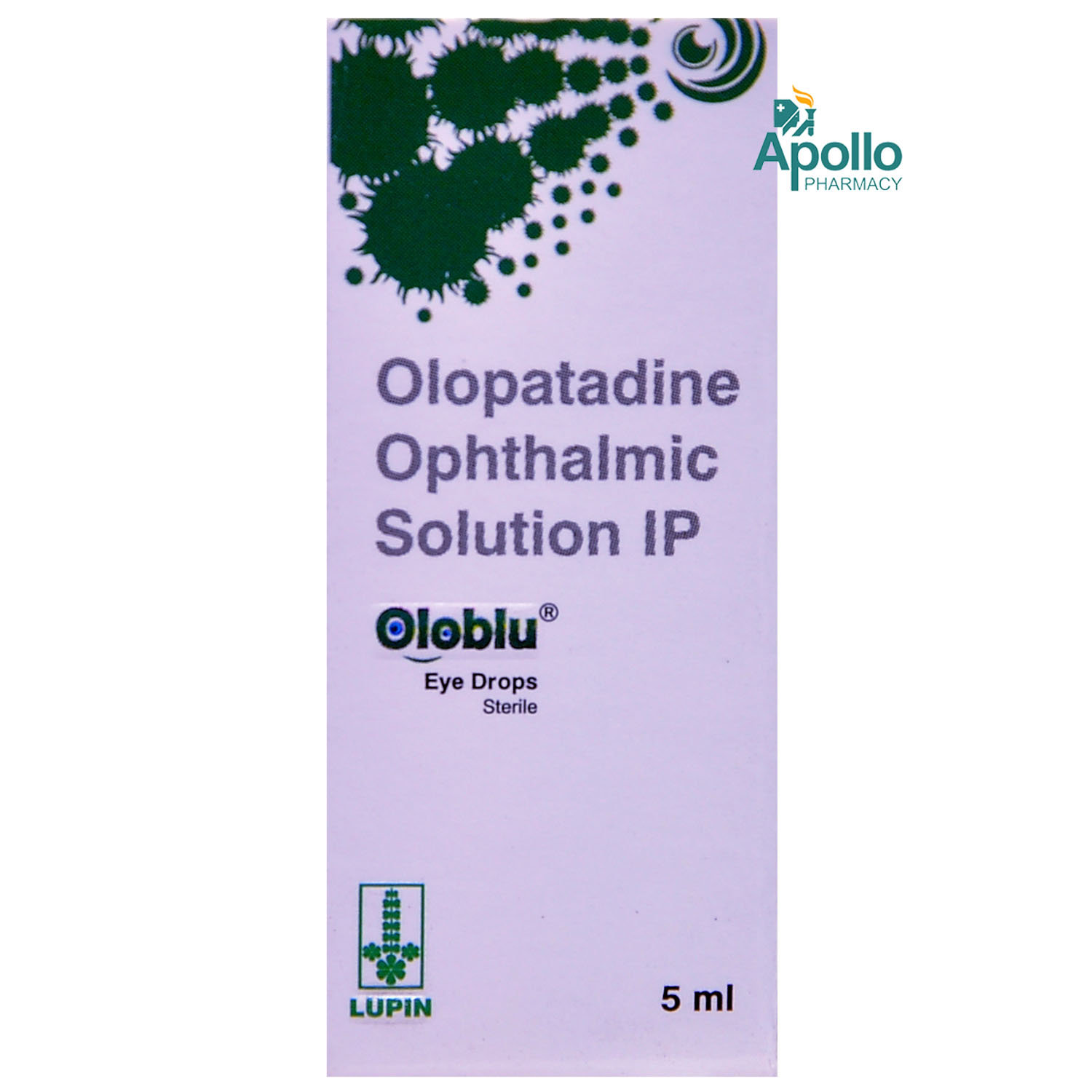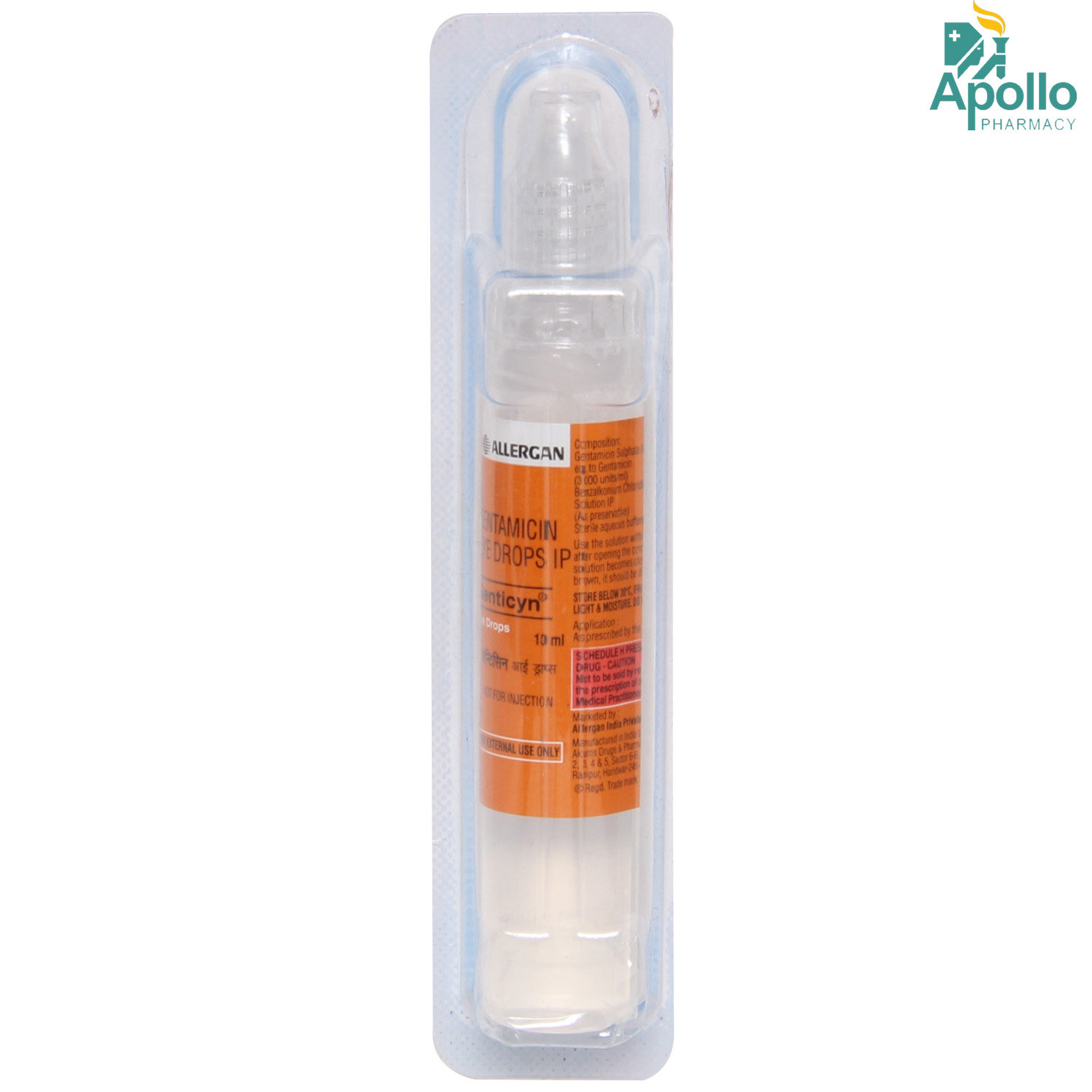- Home
- Health Condition
Medicine For Conjunctivitis Prevention
Medicine For Conjunctivitis Prevention
- Total Items (56)
 RX
RXOLOBLU 0.1% EYE DROPS 5ML
₹125.60
 RX
RXGENTICYN DROPS 5ML
₹9.89
 RX
RXOLOBLU 0.1% EYE DROPS 5ML
₹125.60
 RX
RXGENTICYN DROPS 5ML
₹9.89
Medicine for Conjunctivitis Prevention
Conjunctivitis, commonly referred to as "pink eye," is an inflammation of the conjunctiva, the thin layer that covers the white part of the eye and the inside of the eyelids. It can be caused by infections, allergies, or irritants, and it is highly contagious in many cases. Preventing conjunctivitis is essential to avoid the discomfort and complications associated with it.
Types of Medicine for Conjunctivitis Prevention
Conjunctivitis prevention involves a variety of medicines, depending on the underlying cause of the condition. Medicines are available to treat and prevent both bacterial and viral forms of conjunctivitis, as well as allergy-induced conjunctivitis. Below are the main types of medicine for conjunctivitis prevention:
Antibiotic Ointments and Drops Antibiotic medicines are used when conjunctivitis is caused by a bacterial infection. These medicines help eliminate harmful bacteria and reduce the risk of infection spreading to others. Some common antibiotic medications include:
- Chloramphenicol: A widely used antibiotic that effectively treats bacterial conjunctivitis.
- Tobramycin: This antibiotic is available in both drops and ointment forms and is highly effective for bacterial eye infections.
- Gentamicin: A potent antibiotic used for more severe cases of bacterial conjunctivitis.
Antiviral Medications For viral conjunctivitis, there are antiviral medications that can reduce the severity of symptoms and speed up recovery. However, treatment for viral conjunctivitis mainly focuses on symptom relief, as most viral infections resolve on their own. Antiviral medications include:
- Acyclovir: This antiviral medication is commonly used for herpes simplex virus (HSV) infections of the eye.
- Ganciclovir: This is another antiviral treatment used to manage viral eye infections.
Antihistamines Antihistamines are used to prevent allergic conjunctivitis, which occurs when the eyes react to allergens like pollen, dust, or pet dander. These medications help reduce itching, swelling, and redness in the eyes. Common antihistamines for conjunctivitis prevention include:
- Cetirizine: A non-sedating antihistamine that can reduce allergic symptoms.
- Loratadine: Another non-drowsy antihistamine that helps to prevent allergic reactions.
- Olopatadine: Available in both oral and eye drop forms, it is specifically designed to treat allergic conjunctivitis.
Corticosteroid Eye Drops In severe cases of conjunctivitis, particularly allergic conjunctivitis, corticosteroid eye drops may be prescribed to reduce inflammation and discomfort. These medicines are usually used for short durations under a doctor’s supervision to avoid potential side effects. Some common corticosteroids include:
- Prednisolone: This medication helps reduce inflammation and is often prescribed for severe cases of conjunctivitis.
- Dexamethasone: A potent corticosteroid that may be used for short-term relief of severe conjunctival inflammation.
Artificial Tears Although not directly preventing conjunctivitis, artificial tears help prevent dry eyes and can provide relief to irritated eyes. These can be helpful for individuals suffering from dry eye syndrome or mild irritation, which could lead to conjunctivitis. They act as a lubricant to protect the eyes and provide comfort.
Benefits of Using Medicine for Conjunctivitis Prevention
The use of medicine for conjunctivitis prevention provides numerous benefits, helping to alleviate the discomfort caused by the condition and reducing the risk of complications. Some of the key benefits include:
- Reduced Risk of Infection: For bacterial and viral forms of conjunctivitis, using medicines such as antibiotics and antivirals can help prevent the spread of the infection, reducing the chances of transmission to others.
- Faster Recovery: Timely treatment with the appropriate medication can lead to a faster recovery, particularly when the cause is bacterial or viral.
- Relief from Symptoms: Antihistamines, corticosteroids, and artificial tears can help relieve the symptoms of conjunctivitis, such as itching, swelling, redness, and watering of the eyes.
- Prevention of Chronic or Recurrent Conjunctivitis: For those who are prone to allergic conjunctivitis, using preventative antihistamines or corticosteroids can help manage symptoms and prevent the condition from becoming chronic or recurrent.
- Improved Comfort: The primary goal of using medicine for conjunctivitis prevention is to improve patient comfort by reducing irritation and preventing further eye damage.
Dosage & Usage Instructions of Medicine for Conjunctivitis Prevention
Each type of medicine has specific dosage instructions that must be followed for effective conjunctivitis prevention. Here are some general guidelines for using the medicine for conjunctivitis prevention mentioned above:
- Antibiotic Ointments/Drops: Typically, antibiotics like chloramphenicol or tobramycin are applied in the form of drops or ointments. The usual dosage is one drop or a thin layer of ointment in the affected eye, usually 2-4 times per day for about 5-7 days. It is essential to complete the full course of antibiotics even if symptoms subside early.
- Antiviral Medications: Medications like acyclovir or ganciclovir should be prescribed by a doctor, and the dosage will depend on the severity and type of viral infection. Patients should follow their doctor's instructions strictly to avoid complications.
- Antihistamines: Antihistamines like cetirizine or loratadine are taken orally, often once a day. For eye drop forms of antihistamines (e.g., olopatadine), typically 1-2 drops are applied to each eye twice daily.
- Corticosteroid Eye Drops: If prescribed, corticosteroid eye drops are usually applied 1-2 drops in the affected eye(s) 2-4 times per day. These should only be used under medical supervision to prevent side effects.
- Artificial Tears: These are generally used as needed throughout the day to keep the eyes moist and alleviate dryness. They can be used multiple times a day but should be applied with clean hands.
The proper use of medicine for conjunctivitis prevention is key to reducing the risk of infection, managing symptoms, and ensuring faster recovery. By following the correct dosage instructions and seeking advice from your healthcare provider, you can take the right steps towards maintaining healthy eyes.
Buy Medicine for Conjunctivitis Prevention Online at Apollo 24|7
If you are seeking medicine for conjunctivitis prevention, Apollo 24|7 offers a wide range of medications that can be conveniently purchased online. Whether you need antibiotic drops, antihistamines, or artificial tears, you can browse the available products on the Apollo 24|7 website and have them delivered directly to your doorstep. The platform ensures that the medicines are from reputable brands and trusted suppliers, so you can rest assured of their quality and effectiveness.
Frequently asked questions
The most effective medicine depends on the type of conjunctivitis. Antibiotics are used for bacterial infections, antivirals for viral infections, and antihistamines for allergic reactions.
Yes, over-the-counter antihistamine eye drops and artificial tears can help prevent allergic conjunctivitis and alleviate mild irritation.
It’s important to use antibiotic drops for the full duration prescribed by your doctor, usually 5-7 days, to fully eradicate the infection.
Prolonged use of corticosteroid eye drops can lead to side effects like increased eye pressure or cataracts, so they should only be used under medical supervision.
Yes, medicine for conjunctivitis prevention can be purchased online at Apollo 24|7, where you can find various eye care medications, including antibiotics, antihistamines, and lubricants.



